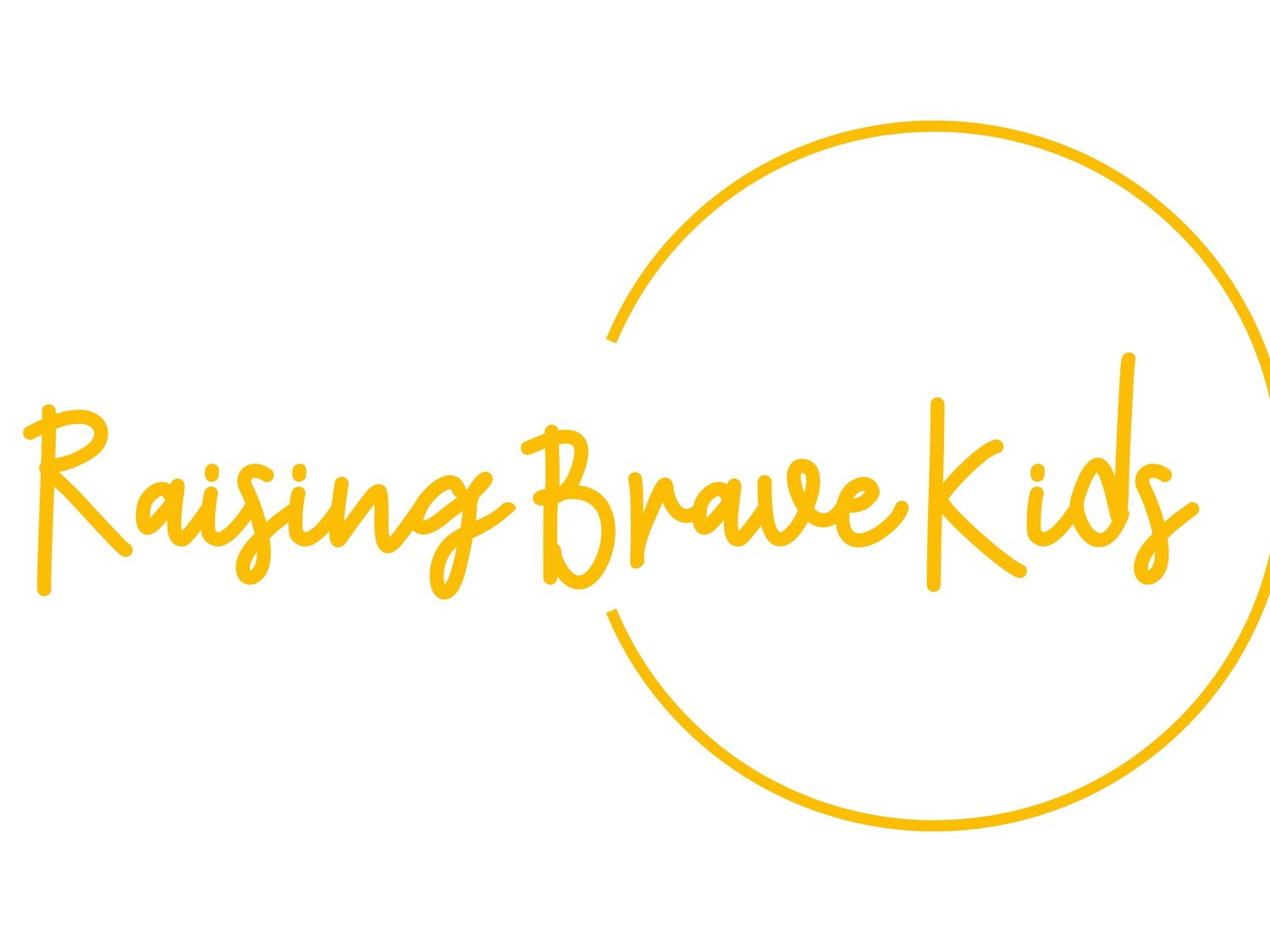OCD in Kids and Teens: Important Signs and Best Therapy Approaches
When parents think about Obsessive-Compulsive Disorder (OCD), images of excessive cleaning or organizing might come to mind. However, OCD in children often looks different and is frequently misunderstood. Recognizing the signs of OCD in kids is essential for getting the right support through specialized child therapy.
At Raising Brave Kids, we focus on helping families identify and navigate the complexities of OCD in children. So were here to talk about what OCD can look like in kids, common OCD themes, and how our specialized evidenced based child therapy can support your child or teen.
What OCD in Kids Really Looks Like
OCD in children involves intrusive, unwanted thoughts (obsessions) and repetitive behaviors or rituals (compulsions) that children feel they must perform to reduce anxiety. These symptoms can impact a child’s day-to-day activities, friendships, and family dynamics.
For parents, it’s crucial to understand that OCD in children extends beyond stereotypical behaviors like cleaning or organizing. Here are some common ways OCD may show up in kids:
Common OCD Themes in Children and Teens
Fear of Harm or Contamination: Some children worry that they or their loved ones might be harmed if they don’t follow specific routines, such as frequent hand-washing or checking.
Intrusive, Unwanted Thoughts: Kids may experience distressing, intrusive thoughts they feel they can’t control. These thoughts often have no basis in reality but can cause intense stress.
“Just Right” Obsessions: Some children feel an intense urge for things to feel or look “just right.” This can involve arranging objects repeatedly or feeling frustrated until everything aligns perfectly or need to redo their homework till they get a feeling its complete.
Repetitive Behaviors or Rituals: Kids may engage in actions like counting, tapping, or repeating words or phrases to alleviate their anxiety.
Each child’s experience with OCD is unique, and symptoms may shift over time. This dynamic nature makes it essential to work with a child therapy specialist trained to identify and treat OCD in children.
How OCD Affects the Entire Family
When a child has OCD, it can often affect the entire family. Parents and siblings might adapt routines to accommodate rituals or soothe a child’s anxiety. These adjustments, though well-intentioned, can often reinforce OCD behaviors, making it harder for the child to develop independence in managing their condition.
At Raising Brave Kids, we take a family-focused approach, working 1:1 with families and offering a Parent Group based on the SPACE (Supportive Parenting for Anxious Childhood Emotions) model. This evidence-based method supports parents in gently shifting family responses to help their child build resilience and confidence.
Why Specialized Child Therapy Matters for OCD
Not all mental health professionals are trained in diagnosing and treating OCD in children. Effective treatment requires specialized care, typically using evidence-based methods like Cognitive Behavioral Therapy (CBT) and Exposure and Response Prevention (ERP). Our therapists at Raising Brave Kids are specifically trained in child therapy for OCD, guiding kids through tailored steps to manage their fears and build resilience.
Key Benefits of Specialized Child Therapy for OCD:
Individualized Treatment: Every child experiences OCD differently. Our therapists create customized plans that address each child’s specific needs.
Evidence-Based Approaches: We use proven methods like CBT and ERP to help children face their fears in safe, gradual steps. This method provides the experiential learning needed to break the cycle of OCD.
Family-Centered Support: We provide tools and guidance for parents and siblings, creating a supportive home environment to reinforce therapeutic progress.
Our goal isn’t just to manage symptoms but to help children develop long-term coping skills that enhance their mental well-being.
How Parents Can Support a Child with OCD
As a parent, you play an essential role in supporting your child through OCD treatment. Here are some strategies for helping your child succeed:
Educate Yourself: Learning about OCD in children will help you understand your child’s experience and reduce misunderstandings. The International OCD Foundation is a great place to start.
Encourage Open Conversations: Let your child know they can talk with you about their experience without fear of judgment.
Establish Healthy Boundaries: While it’s natural to want to comfort your child, setting limits on ritualistic behaviors helps break the OCD cycle. Our online parent group can get you started in the right direction.
Celebrate Progress: Each step forward is an achievement. Celebrating progress, however small, can boost your child’s confidence.
Finding the Right Child Therapy for OCD
At Raising Brave Kids, we know how vital early intervention is in treating OCD. Research shows that families often experience years of confusion before reaching a diagnosis, with studies indicating it can take an average of 7–10 years to access the right treatment (AAFP). OCD affects approximately 1 in 100 children and adolescents (AACAP), and early intervention can significantly improve outcomes.
The gold standard treatment for OCD care is Cognitive Behavioral Therapy (CBT) with Exposure and Response Prevention (ERP), a specialized approach that helps children face and manage their fears. Our team is trained specifically in child therapy for OCD, tailoring each approach to meet the unique needs of your child and family.
If you’re concerned that your child may have OCD, reach out for a free consultation. We’re here to answer questions, offer support, and help your child & family stop the spiral of OCD.
Connect with us today or schedule a free consultation to learn more about our child therapy & parent support for OCD.
